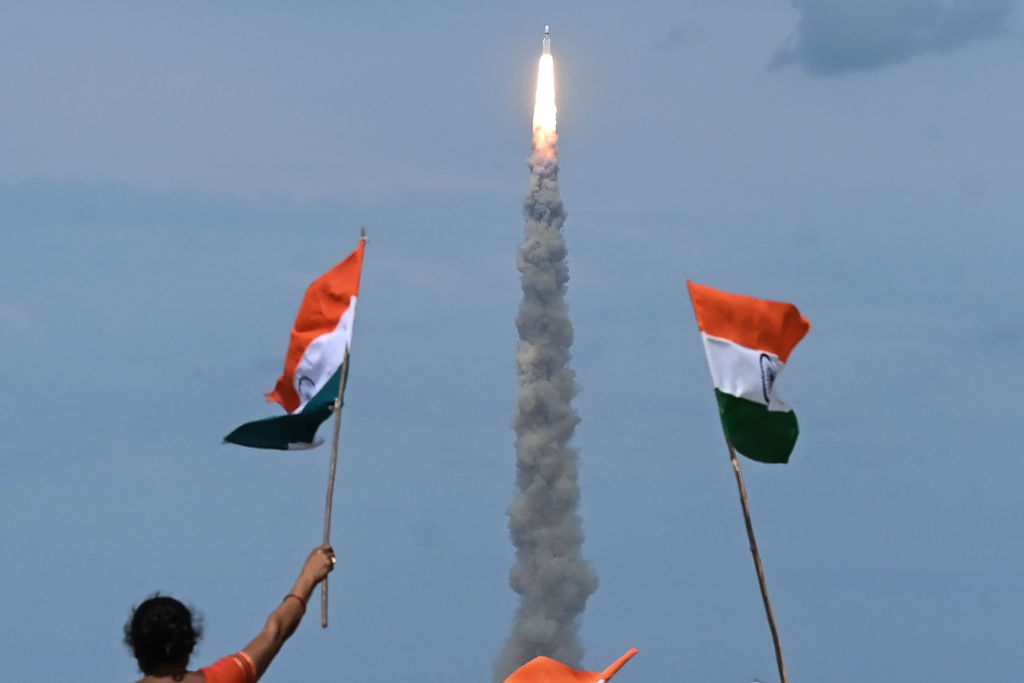- Sunday, April 20, 2025
The move aims to enhance India’s competitiveness in the international space market.

By: Shubham Ghosh
INDIA on Wednesday (21) announced its decision to permit 100 per cent foreign direct investment (FDI) in satellite systems manufacturing without necessitating prior approval, alongside the relaxation of regulations pertaining to launch vehicles.
The move aims to enhance India’s competitiveness in the international space market. Previously, such investments required government approval, often resulting in lengthy delays.
The Indian space sector has been categorized into three main segments for investment purposes — entities involved in rocket manufacturing for launching satellites, satellite manufacturing companies, and firms engaged in the production of components for manufacturing satellites.
India allowed cent per cent foreign investments through what is called the automatic route, meaning no government approval is required for any investments in the category.
Read: India space industry wants bold reforms, clarity on FDI for 2024 push
This will result in greater access to technology for critical communication systems such as transponders, antennas and power systems.
In manufacturing and operations of satellites, the country allowed 74 per cent overseas investment without approval from the government. This move is expected to open up easy entry for key players in sectors such as Elon Musk’s SpaceX, Maxar, Viasat, Intelsat and Airbus.
Read: India plans to send astronaut to moon by 2040, set up space station by 2035
According to experts, satellite manufacturing is the most lucrative area with more viable partnerships, for commercialisation. Firms will require government approval to raise its equity beyond the 74 per cent stake in the operations.
The Narendra Modi government will also allow 49 per cent FDI under the automatic route to build rockets and its parts. The policy could see India gain interest from the likes of United Launch Alliance, Jeff Bezos’ Blue Origin and SpaceX. The foreign investor will have to seek government approval beyond 49 per cent.
(With Reuters inputs)